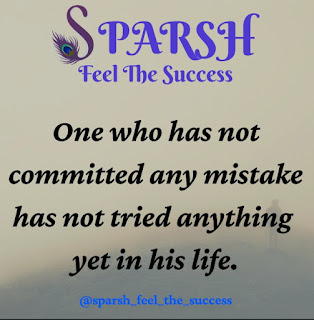KNOW YOUR ENGLISH
KNOW YOUR ENGLISH
“Sir, which book are you reading?”
“I am reading Gandhiji’s autobiography.
There is a difference between which and
what. They are not interchangeable. You use
‘which’ when you are aware of the possible
alternatives. For example, you see some
books here. If you want to know if I have chosen
to read any of the books here, you can
ask. “Which book are you reading?” However,
your question was a general one and was
not concerned with possible alternatives.
Hence the question should have been: “What
book are you reading?” which is used when
the number of possibilities is implied or mentioned.
“Which do you want, coffee or tea?”
“What do you want?” is a general question.
Do you understand?”
“Yes, sir. You know, sir, this morning somebody
tried to pull my legs. He said that there
was a money order for me in the post office. I
went there and found that it wasn’t true.”
“You must have been greatly disappointed
and angry too. By the way, the idiom is ‘to
pull one’s leg’ and not ‘to pull one’s legs’. So
somebody tried to pull your leg
“Yes, I was angry upon him.”
“Not upon him but with him. You got angry
with a person. ‘I got angry with the gardener
yesterday.’ ‘The teacher was angry
with the student’.
“People say ‘angry upon’ all the times, sir.”
“They may. But it doesn’t make it right. Also
note that it is not ‘all the times’ but ‘all the
time’. ‘All the time’ means ‘continually’. ‘At
times’ means ‘occasionally’. “At times, he
gets upset over small things’.
“I thought that learning English would be a
child’s play. I know now how difficult it is.”
It not ‘a child’s play’ but ‘child’s play’.
There is no article (‘a’ or ‘the’) before ‘child’s
play’. “Child’s play’ means something that is
very easily done.”
“I want that you should teach me more English.
sir.”
“I will. But remember that the verb ‘want’
is not followed by a that clause. You must say
‘I want you to teach me more English”. ‘I
want them to leave early’ and not ‘I want that
they should leave early’. ‘I want you to read a
novel’ and not ‘I want that you should read a
novel’. Is it clear?”
“Yes, sir. In case if it rains. I won’t come tomorrow,
sir.”
“It’s all right. But please remember that ‘In
case’ and ‘if’ mean the same. So don’t use
them together. You can say ‘In case it rains tomorrow,
I won’t come’ or ‘if it rains tomorrow,
I wont come’: but not ‘In case if it rains
etc.’. Do you understand?”
“Yes, sir. I am understanding.”
“The verb understand does not take the
Ing
form. So say ‘I understand’ and not “I am
understanding”. This is generally true of
verbs like remember, see, hear, want, wish,
like and believe. ‘I believe him’ and not ‘I am
believing him’. ‘I like him’ and not ‘I am liking
him”.
“Sir. sometime ago you asked me ‘You are
not a teacher?’ Isn’t the correct form ‘Aren’t
you a teacher?”
“Very often in conversation, when you
want to ask a question, you use the affirmative
sentence with a rising intonation at the
end. Here’s an extract from D.H. Lawrence’s
Women In Love. ‘You don’t like the water?’ he
said. ‘I like it very much.’ she replied. ‘And
you swim?’ ‘Yes, I swim.’”
“Thank you sir. I must go now. Goodbye.”
“Goodbye.”



Comments
Post a Comment